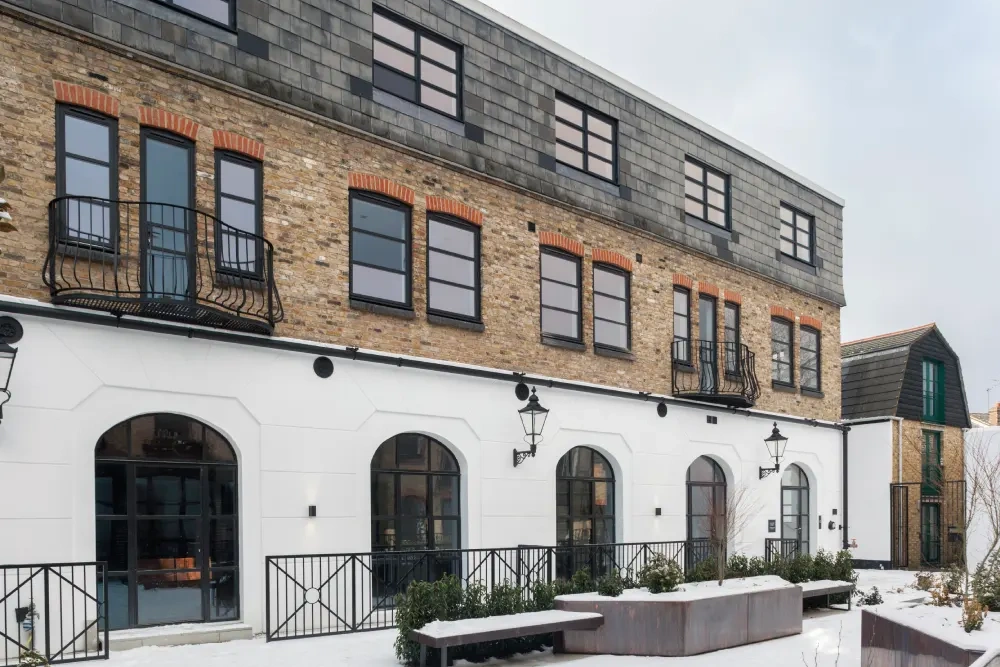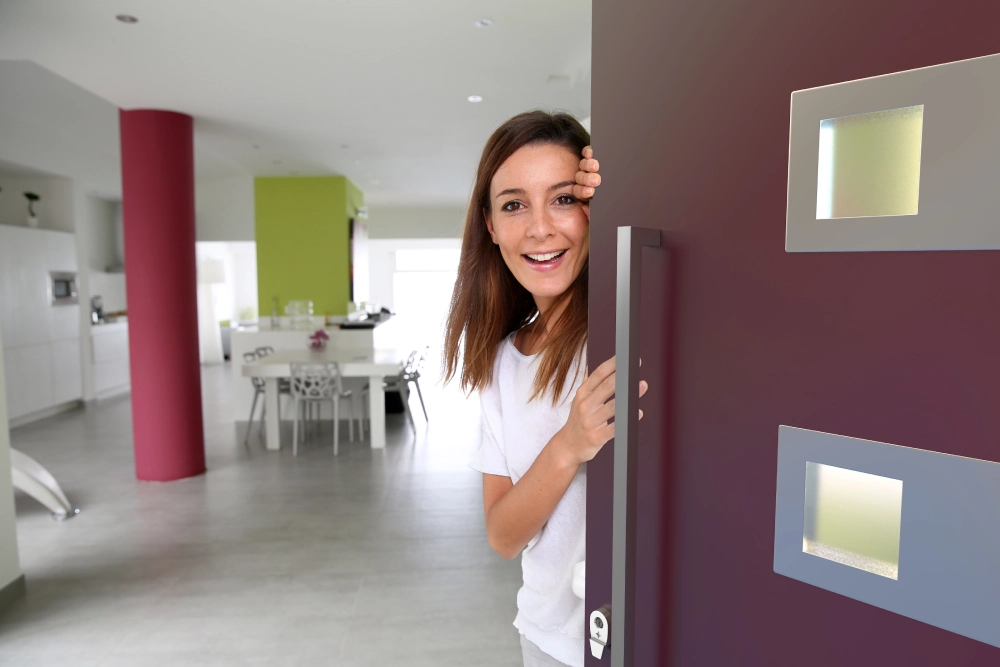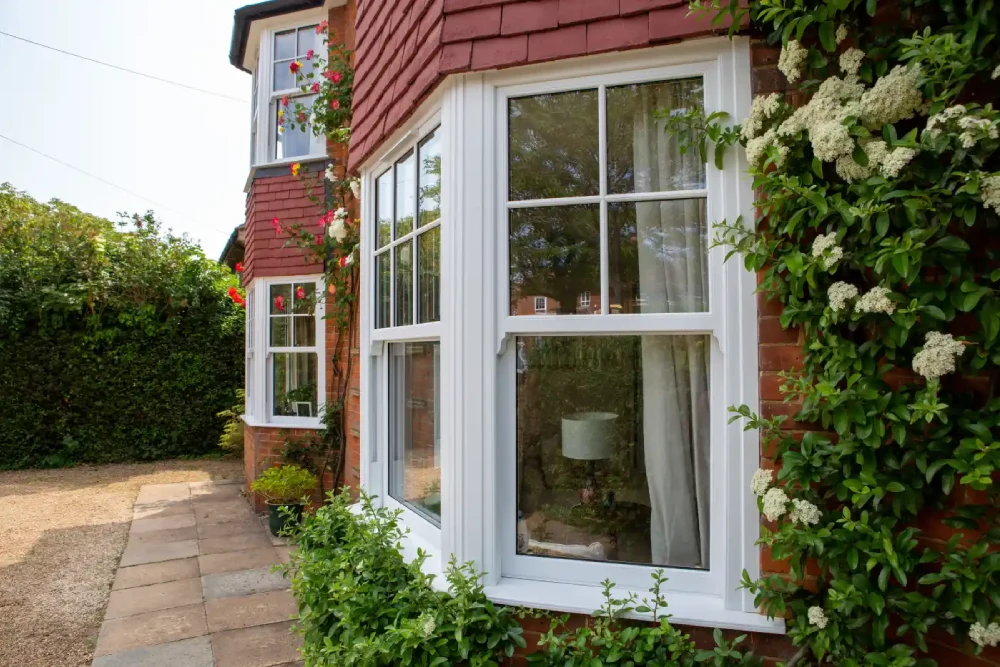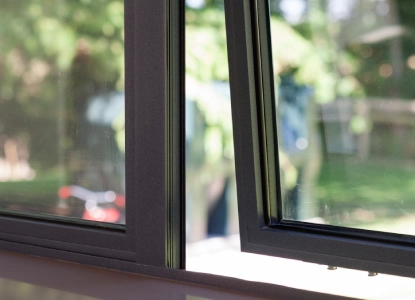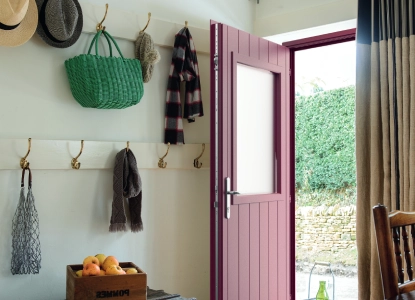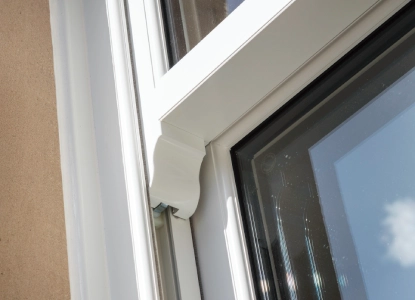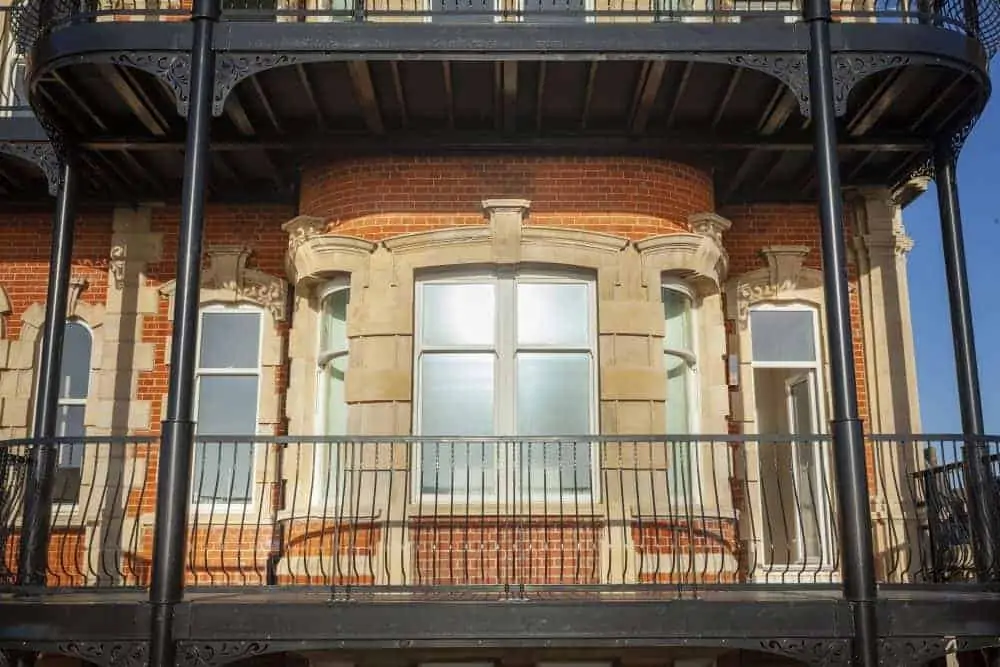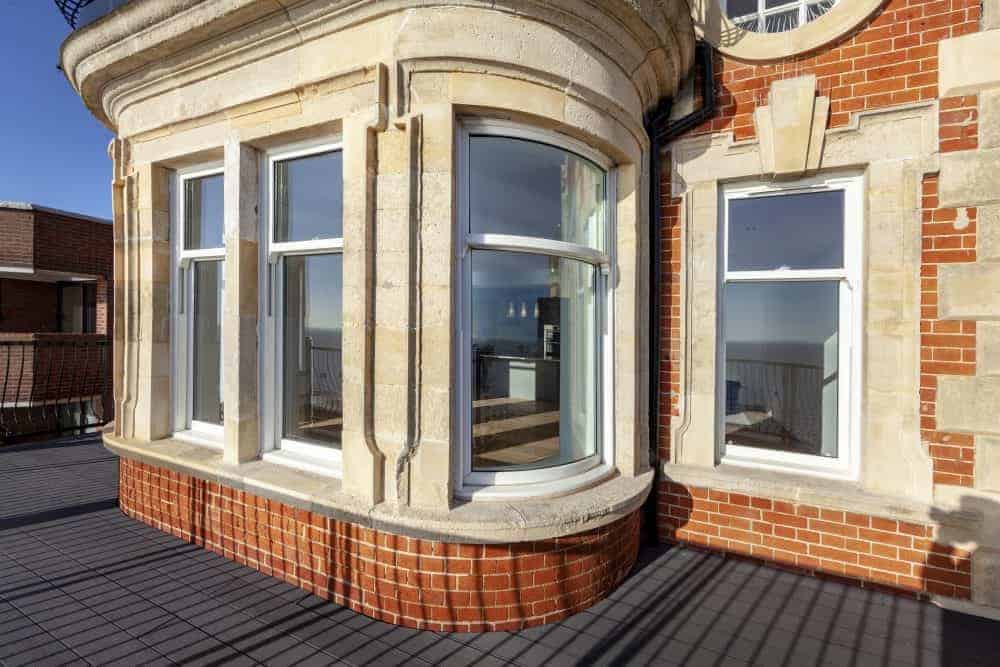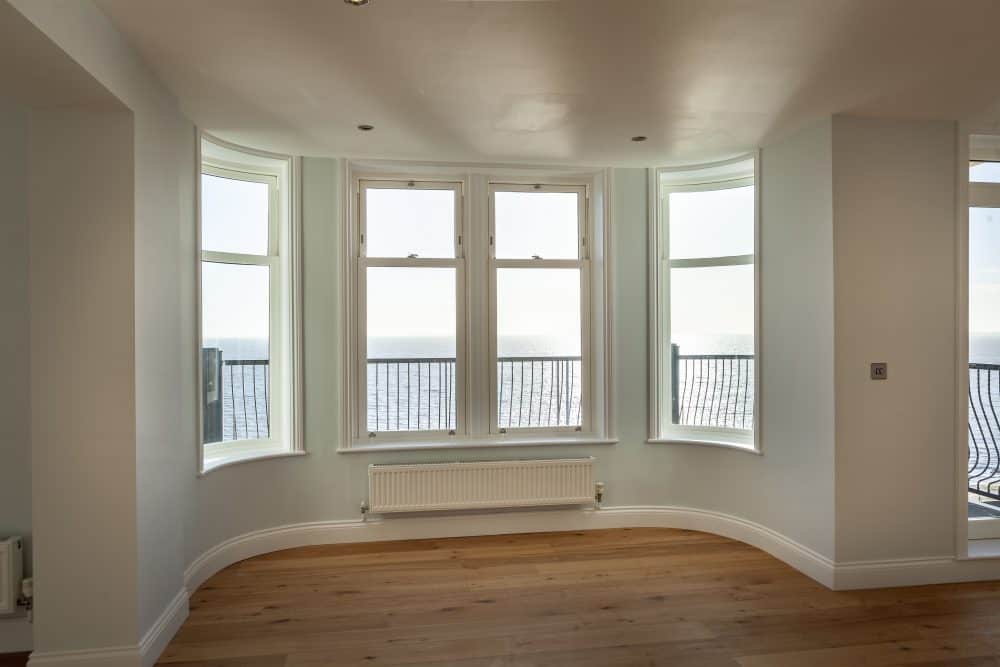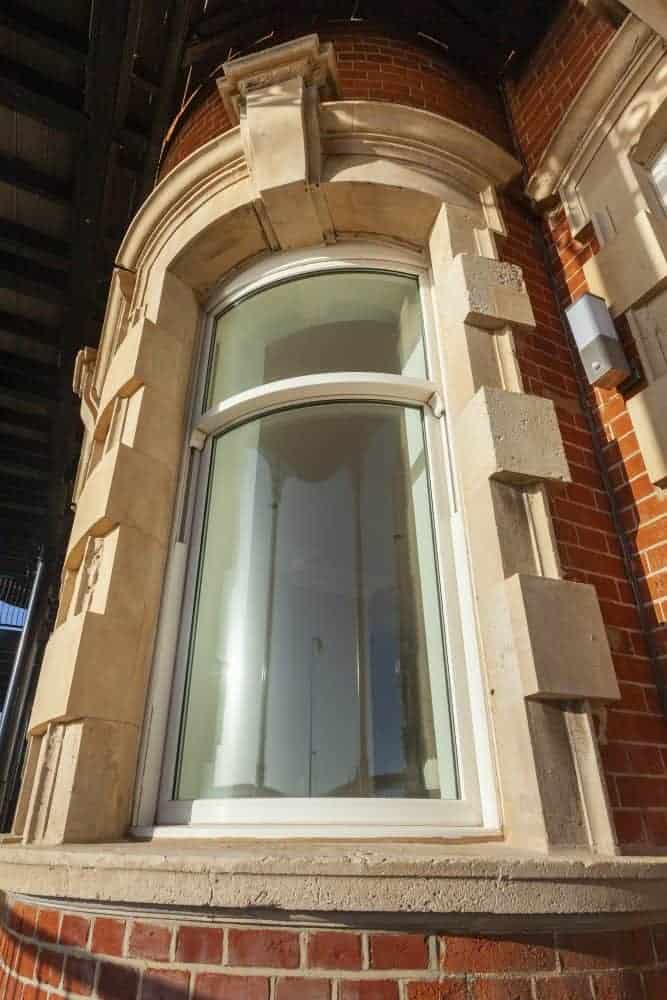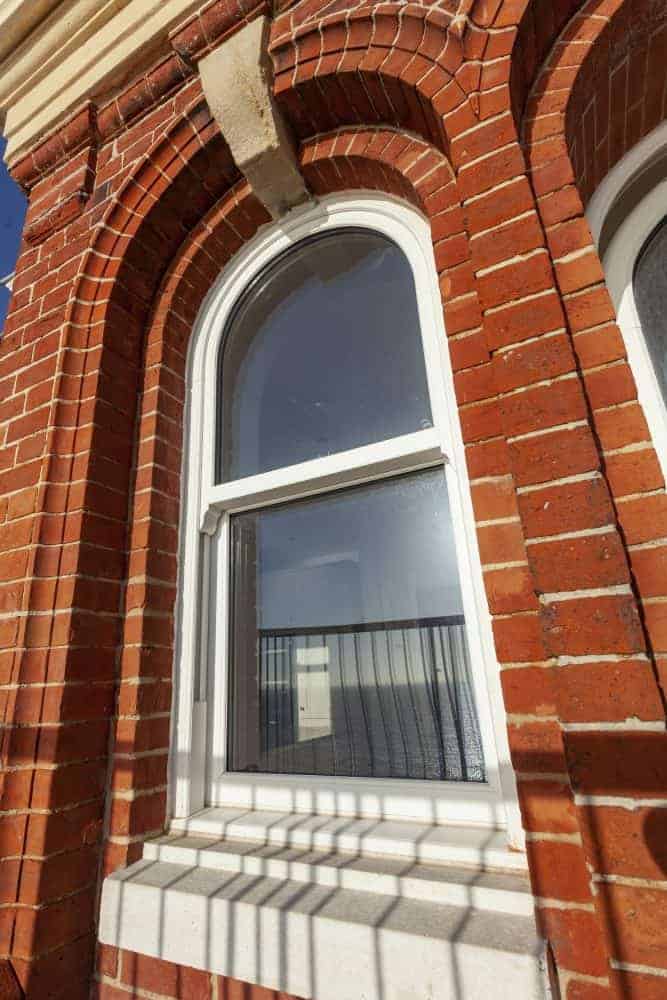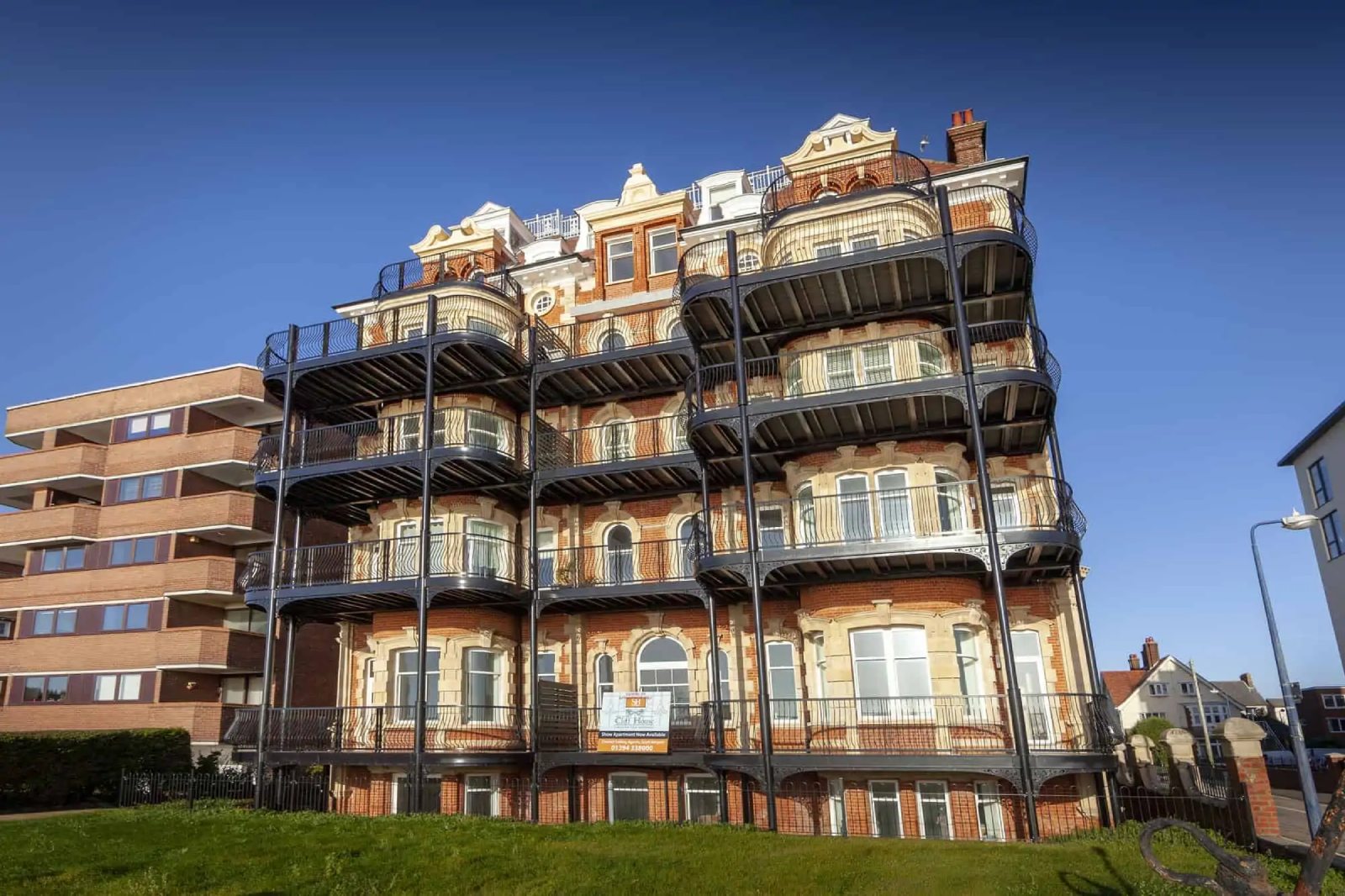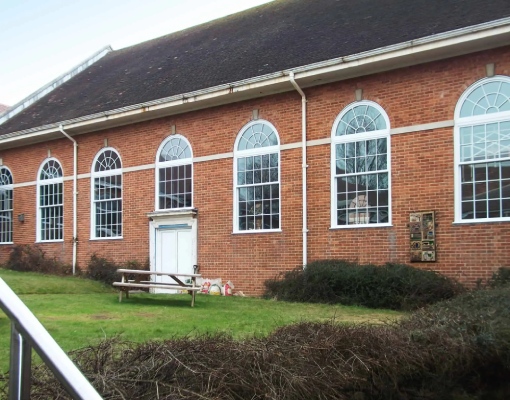Aluminium Windows vs. uPVC Windows:
Which is the Better Choice for Your Home?
Aluminium vs uPVC
The Advantages – at a Glance
There is no doubt that aluminium and uPVC are both great materials to use in window construction. Taking a quick look at the benefits of each will give a good idea of the difficulty of the choice.
Aluminium Windows
- Energy efficient
- Environmentally friendly and sustainable and non-toxic
- Strong and durable
- Low maintenance
- Extremely secure
- Aesthetically pleasing
- Good acoustic insulation
- Can be manufactured in extra large sizes
uPVC Windows
- Energy efficient
- Can be environmentally friendly
- Durable
- Low maintenance
- Affordable
- Extremely secure
- Aesthetically pleasing and flexible
- Good acoustic insulation
- Weather and moisture resistant
The Features: A Closer Look
As you can see, the positives stack up in very similar ways; the extent to which each of these aspects is true will therefore likely be decisive, so let’s take a look…
Longevity
When it comes to the lifespan of these materials in windows, aluminium has the clear advantage over uPVC.
uPVC windows are extremely resistant to rot and the effects of the weather and require very little maintenance, but do have a tendency to degrade after around 30 years and will eventually need replacing. Aluminium frames aren’t prone to this degradation and – unlike other metals – aluminium doesn’t rust, meaning the windows should last you 50 years at the very least. Similar to uPVC, aluminium windows require very little maintenance.
Aesthetics
Certain types of property suit particular types of windows. Before your specific tastes come into it, some of the choice will be made up by the style of property the windows will be a part of.
Aluminium windows are known for their clean, elegant and modern style. For this reason, they are often associated with buildings that have a contemporary feel. Equally, if the property is located in a conservation area or the building itself is listed, there is a chance that aluminium won’t be accepted as a material for use, in which case uPVC may be the way to go.
Both aluminium and uPVC come in a range of styles and colours and sizes, but the options available differ in 2 main categories. uPVC can be made to emulate the finish of other materials – like aluminium, for example, or wood – whereas because of its strength, aluminium frames can be made much larger than uPVC equivalents.
Environmental Credentials
This is another area where aluminium really comes into its own. As a material, 100% of it can be recycled without loss to its structural properties or aesthetics; its production isn’t associated with toxins or particularly harmful industrial processes and due to its flexibility can be manufactured with minimal waste.
Energy Efficiency
Historically, the question of energy efficiency between these 2 materials heavily favoured uPVC, but aluminium has made up a lot of ground in this regard in recent years. While it is true that aluminium is a far more conductive material than uPVC, meaning heat passes through it far more easily, modern manufacturers use thermal breaks between the panes of glass to increase the window’s level of insulation. The same science is used in the construction of space shuttles and makes aluminium a perfectly viable competitor with regards to thermal efficiency.
To get a better idea of a particular window’s energy efficiency rating, we recommend checking its WER (Window Energy Rating) or U value before making any purchase: you might be surprised.
Cost
Initially, aluminium comes with a significantly higher price tag than uPVC. Production, manufacturing and transportation costs all contribute to this difference. However, once its durability and longevity is taken into consideration, aluminium more often than not proves to be the more cost-effective of the two materials.
Soundproofing
Security
Surely, as important as any other aspect of a window’s performance is its safety. Sometimes, a little compromise is to be expected in building and renovation work, but this compromise should never be on its security.
In truth, both of these materials are known for producing a window that is strong and durable and the investment you make will be a secure one. Where there might be a case for aluminium’s superiority in this regard would be the impression of safety that metal gives, but this doesn’t increase its performance in any real sense.
Irrespective of the material you choose, we strongly recommend investing in units with high-quality locks installed. Modern designs have mechanisms and reinforcements that will make them that much more impenetrable.
Decision Time: No Pane; No Gain
Cliff House, Felixstowe
VIEW PROJECTFoxhill House, Chester
VIEW PROJECTUniversity of Sussex, Brighton
VIEW PROJECTVarndean College, Brighton
VIEW PROJECTFrom sash windows to aluminium bifold doors, our high-quality products are engineered and manufactured right here in Britain. We work with fellow UK-operated companies, Spectus Window Systems, Smart Systems, and Jack Aluminium Systems, to deliver only the very best to our trade, commercial and residential customers.
How much do French doors cost to install in the UK?
The cost of installing French doors in the UK varies depending on the size, material, and design. At Mercury Glazing, we offer competitive pricing tailored to your specific needs. Please contact us for a personalised quote.
How to fit door handles?
Fitting door handles can be a straightforward process. First, measure and mark the position on the door, drill the necessary holes, then attach the handle with screws. For detailed instructions or professional fitting services, feel free to reach out to us.
How to replace patio doors?
Replacing patio doors involves removing the old doors, preparing the opening, and installing the new doors. It's a task best handled by professionals to ensure a perfect fit and functionality.
How much do patio doors cost?
The cost of patio doors varies based on size, material, and design. Contact us at Mercury Glazing for a bespoke quote that matches your specific requirements.
How much are French doors?
The price of French doors depends on the material, size, and design details. We offer a range of options to suit various budgets. Please get in touch for a tailored quote.

